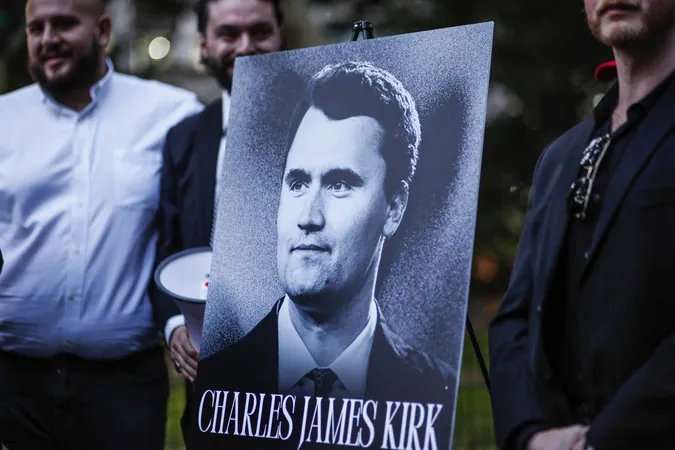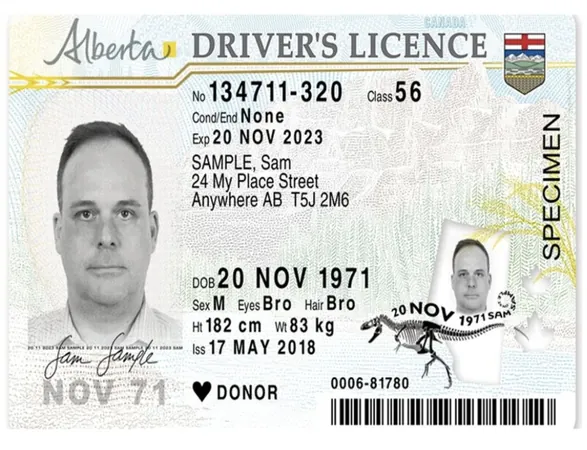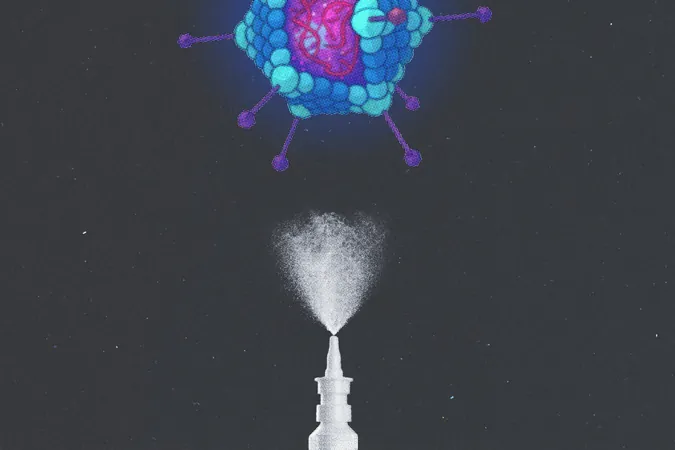
University of Toronto Professor Faces Backlash After Controversial Comments on Charlie Kirk
2025-09-13
Author: Jacques
Immediate Action Taken by University
The University of Toronto has swiftly responded after a professor’s controversial social media remarks sparked outrage. Ruth Marshall, an associate professor of religion and political science, has been placed on administrative leave and is no longer present on campus.
Controversial Post Ignites Fury
The issue erupted following a post made by Marshall in reaction to the shocking assassination of Charlie Kirk, a prominent Conservative figure and founder of Turning Point USA. In her now-deleted comments, she allegedly stated that the shooting was ‘too good for fascists’, a remark that drew immediate condemnation.
Minister Calls Out Violent Rhetoric
Ontario’s Colleges and Universities Minister, Nolan Quinn, publicly criticized Marshall's comments, asserting that they contradict the very essence of academia. He stated, 'Universities are meant to encourage respectful debate and critical thought. This professor's violent rhetoric is unacceptable and must be addressed.'
Investigation Underway
The University of Toronto confirmed that Marshall’s case is under review, though they have refrained from sharing further details. The Faculty Association echoed this, highlighting that the administration’s decision was prompted by the nature of her posts.
Kirk's Legacy and Aftermath
Charlie Kirk, a well-known figure in conservative circles and ally of former President Trump, was tragically shot and killed during an event in Utah. A suspect, identified as a 22-year-old man, was arrested shortly afterwards. Kirk's death has sparked a heated dialogue around political discourse and the consequences of public statements.
More Backlash in Canada
Marshall isn’t the only Canadian public figure facing scrutiny for online remarks following Kirk's death. Manitoba’s Families Minister, Nahanni Fontaine, shared a post labeling Kirk as a racist and a white nationalist, which she later retracted, issuing an apology stressing the importance of unity over division.
As the investigation continues, both the University of Toronto and provincial political figures are grappling with the implications of inflammatory speech in the digital age.









 Brasil (PT)
Brasil (PT)
 Canada (EN)
Canada (EN)
 Chile (ES)
Chile (ES)
 Česko (CS)
Česko (CS)
 대한민국 (KO)
대한민국 (KO)
 España (ES)
España (ES)
 France (FR)
France (FR)
 Hong Kong (EN)
Hong Kong (EN)
 Italia (IT)
Italia (IT)
 日本 (JA)
日本 (JA)
 Magyarország (HU)
Magyarország (HU)
 Norge (NO)
Norge (NO)
 Polska (PL)
Polska (PL)
 Schweiz (DE)
Schweiz (DE)
 Singapore (EN)
Singapore (EN)
 Sverige (SV)
Sverige (SV)
 Suomi (FI)
Suomi (FI)
 Türkiye (TR)
Türkiye (TR)
 الإمارات العربية المتحدة (AR)
الإمارات العربية المتحدة (AR)